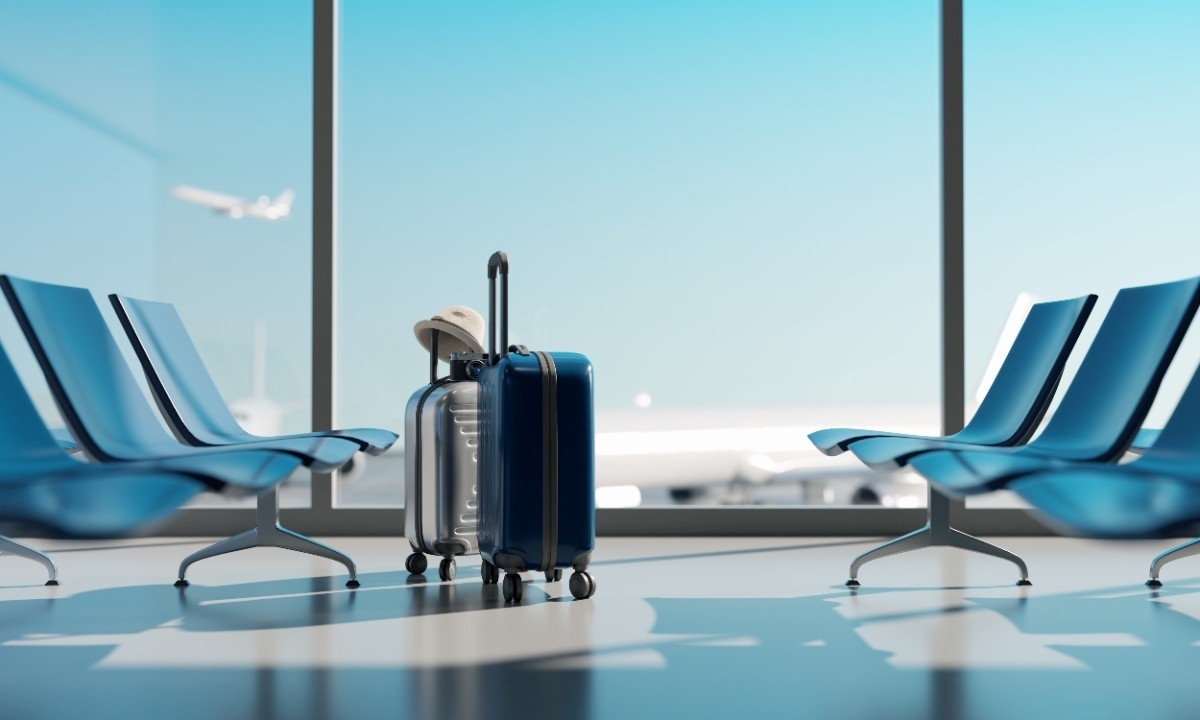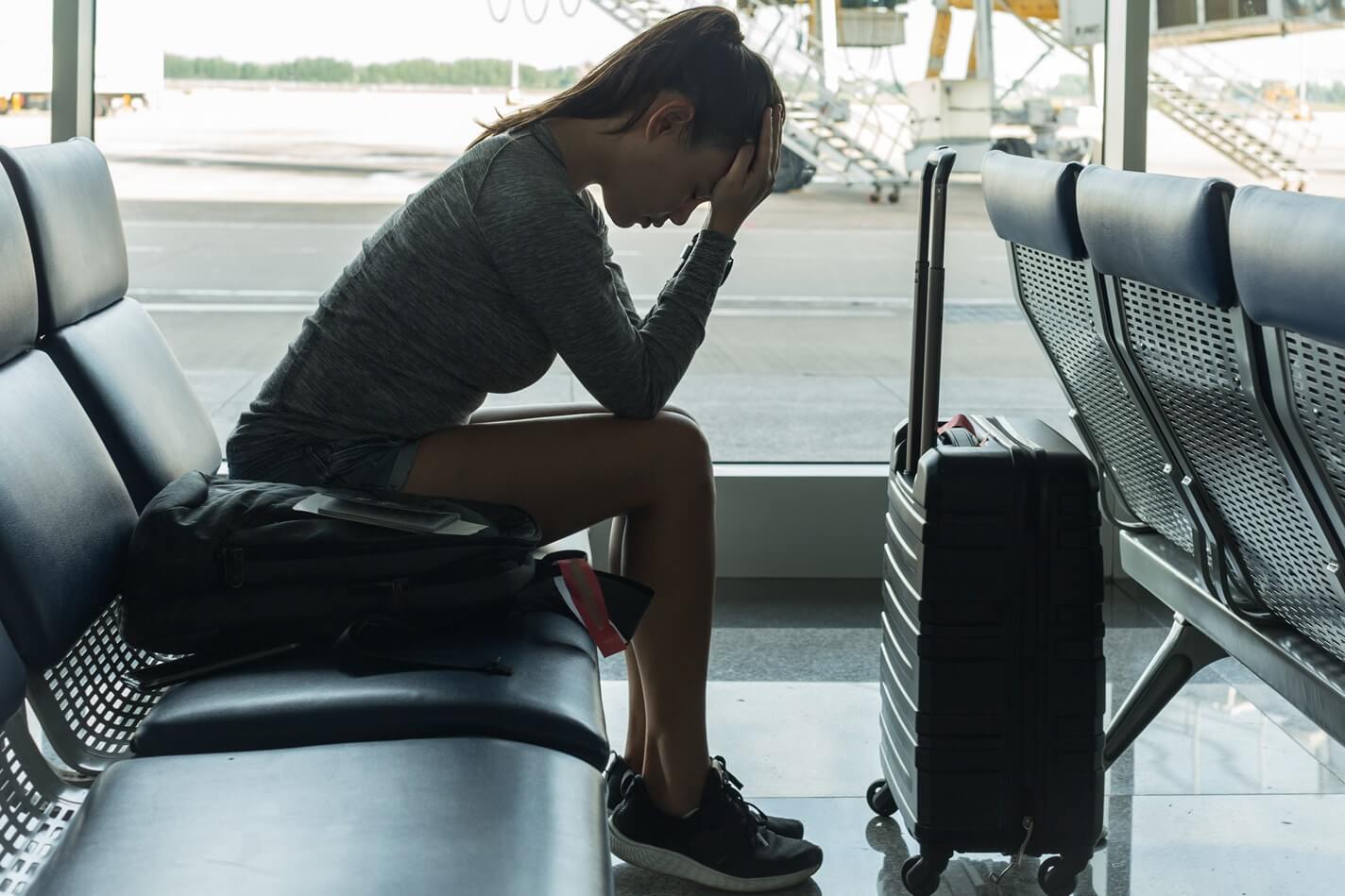Are you signing away rights with biometric boarding?

In a time of accelerating technological innovation, air travel is changing fast, too. Among the biggest recent innovations is biometric boarding, which uses facial recognition technology to verify the identity of passengers and expedite airport protocol. Touted as a quicker, more secure way to take to the skies, biometric boarding is gaining momentum at major airlines and airports across the globe. Yet below the convenience lies an unsettling question: what rights are passengers giving up when they allow their faces to become boarding passes?
What is biometric boarding?
Usually, biometric boarding has meant passengers’ faces being checked by facial recognition software to confirm who they are. Upon arriving at the boarding gate, instead of handing over an ID or a boarding pass, a camera scans the passenger’s face to match it with a digital image that has been preloaded on a cloud database, typically a passport or a visa application.
The concept is basic; eliminate the lines, increase flow (efficiency) and tighten security. Delta, American Airlines, British Airways, and others are already implementing biometric systems in some airports, and international airports like Heathrow, JFK, and Changi are using the technology as part of decadelong plans that modernized their facilities and experience.
Convenience vs. consent
For all its promise of shorter queues and streamlined boarding, biometric boarding raises serious ethical, legal, and consent issues. Biometric boarding is often optional, for one, something many travellers might not realise, "whittled-down" programme or not. In many cases, it’s offered as a default, with minimal explanation or chance to decline.
Privacy advocates have criticized the opacity. When biometric data is collected, saved and shared — and particularly if all of this can happen without a user’s clear and affirmative consent — it opens up a gamut of potential abuses. “Your facial data isn’t like a piece of evidence or a piece of information; it’s a permanent identifier, and once disclosed, you can’t take it back, like a password,” said Woodrow Hartzog, a legal scholar at Northeastern University focusing on facial recognition technology.
How is your data used?
Biometric boarding systems are typically run by airlines and airports working together with government agencies and private tech companies. Here in the U.S., for its part, the Customs and Border Protection (CBP) works with airlines to obtain traveller photos, which it uses to confirm identity.
The issue with this ecosystem of information sharing is that it can be obscured. It’s not always clear:
• To whom do the biometric data belong?
• How long is it stored?
• Does it share with third parties?
• What protections are there if the data is hacked?
Some airlines say they delete the biometric data immediately after the flight, but others keep it for unspecified periods. Policies are all over the map, depending on the country, the airline and tech provider.
Legal framework and passengers' rights
The laws around how biometric data is used are playing catch-up to the technology. In the European Union, under General Data Protection Regulation (GDPR), biometric data is “special categories of personal data” or “sensitive information, and explicit consent is required to collect this data. But enforcement can be patchy, and not all airports or airlines operating in the EU are ready.
U.S. regulatory terrain is more fragmented. Illinois is among the states that has strict biometrics privacy laws, but there is no overarching federal law. In such circumstances, a patchwork of protections is left, and passengers frequently remain exposed and in the dark.
And a lot of passengers don’t actually have an alternative. 'Many opt-out processes, where they do exist, are poorly advertised and difficult to access, leading to people being pressured into signing up.
If there is any one great danger posed by biometric boarding, it is of putting facial surveillance at the center of normal public life. What begins at airports could spill into other places — on train platforms, sports arenas, in shopping centers. The more people become conditioned to facial recognition, the more plausible it becomes as a default feature of our transactions.
It is a fact that once surveillance is established it is nearly impossible to undo. People may cease to question it because, well, speed and convenience, and who cares about a little privacy, anyway? This mindset, however, could be a slippery slope toward biometric tracking being the norm, particularly if it goes unregulated.
What can passengers do?
If you’re worried about your privacy, here is what you can do:
Know your rights: Know the rules and rights in country and airport you’re passing through.
Ask for answers: If biometric boarding is available, ask whether it’s optional and what happens to your data.
Opt out when you can: Most systems offer old-fashioned boarding if you ask.
Support privacy organizations: Organizations like the Electronic Frontier Foundation (EFF) and Privacy International advocate for digital privacy rights and stronger regulations.
Biometric boarding could help make air travel more efficient, but it also raises thorny questions about consent, privacy and government surveillance. As this technology spreads, passengers will need to be alert, informed and prepared to ask: Is it worth the trade-off?
In the zeal to modernize, ease and speed of use should not trump basic rights. Before handing your face in at the gate, here’s what you need to know about what it does with your data and what it might mean for the future of security.
Latest posts
Flight cancellations and delays in March 2024
Check which flights were delayed in March 2024 – you may still be entitled to claim up to 600 € in compensation.
Flight cancellations and delays in February 2024
Check which flights were delayed in February 2024 – you may still be entitled to claim up to 600 € in compensation.
Flight cancellations and delays in January 2024
Check which flights were delayed or cancelled in January 2024 – you may still be entitled to claim up to 600 € in compensation.












